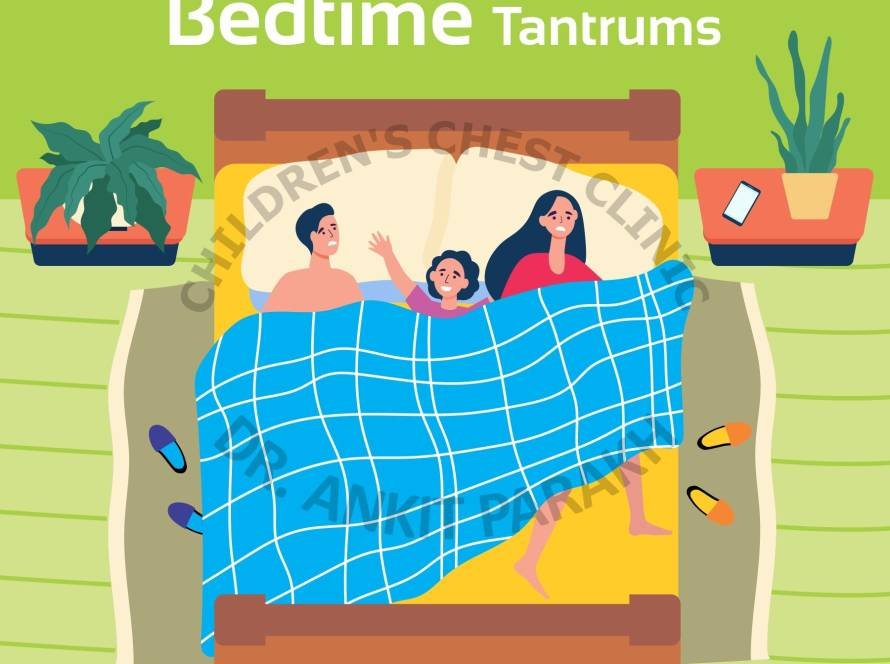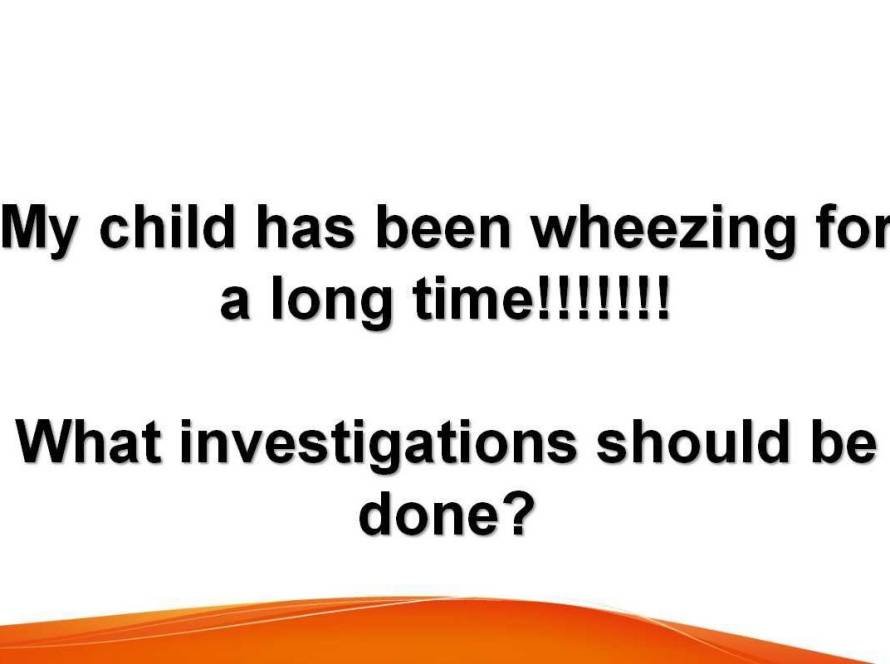Snoring is a hoarse or a harsh sound produced from the nose or mouth of a child that happens when breathing is partially obstructed while sleeping. Although snoring is common and can be seen in up to 10% of individuals, snoring can sometimes be a sign of an underlying disorder called obstructive sleep apnea (OSA). In this article we shall discuss the mechanisms of snoring, causes of snoring and when to see a doctor if your child is snoring.
Why does snoring happen?
During sleep our muscles normally get relaxed but still we have enough space at the back of the nose and throat to breathe comfortably. In some children the space narrows and as the person breathes in and out, the moving air causes the soft tissue at the back of the roof of the mouth (soft palate) to flutter and cause snoring.
What are the causes of snoring in children?
The most common cause of snoring in children is enlarged tonsils and adenoids. Obesity is now becoming a very important cause of snoring in children. Children with obesity have significant fat deposition around the neck and chest. Additionally, children with obesity have many metabolic or hormonal changes leading to snoring and sleep apnea. A small upper jaw bone or the maxilla, lower jaw or maxilla which is small or set back and a large tongue are other important causes of snoring seen in children especially with complex genetic conditions and syndromes. Weakness of the muscles or hypotonia is also an important cause of snoring seen in children especially with genetic problems like Downs syndrome. Enlarged nasal turbinates, deviated nasal septum and nasal polyps are other important causes of snoring in children. In many children the cause of snoring could be at multiple levels.

Is my child’s Snoring Dangerous?
All snoring is not dangerous but in some situations snoring is a symptom of underlying obstructive sleep apnea (OSA). Light and infrequent snoring that happens in children with viral colds is usually not of concern. This usually does not require medical testing or treatment.
Many children snore on a regular basis (more than three nights per week) unrelated to viral colds. Some of these children have additional issues like gasping, choking, or snorting sounds while sleeping, observed apneas (where the child stops to breathe for few seconds), frequent bedwetting, night-time teeth grinding and sleeping in abnormal postures like hyperextended or with many pillows. Some older children also get associated daytime problems like morning headaches, problems with learning, deterioration in school performance, obesity, high blood pressure and excessive daytime sleepiness. Under five children might get impulsive and hyperactive during the day instead. Above are the indicators of sleep disruptions or OSA-associated snoring and are worrisome. Untreated OSA can have major implications for a child’s sleep and overall health.
When should I see a doctor about my child’s snoring?
Children who have sleep disruptions or have an OSA-associated snoring need to undergo further investigation and assessment for presence of obstructive sleep apnea (OSA). If any of these signs and symptoms are present a sleep study or a polysomnography must be done for a proper diagnosis of obstructive sleep apnea (OSA).
If your child is snoring on a regular basis and is having any signs of sleep disruption or OSA-associated snoring as detailed above you need to consult a child sleep specialist for further investigation and management.






